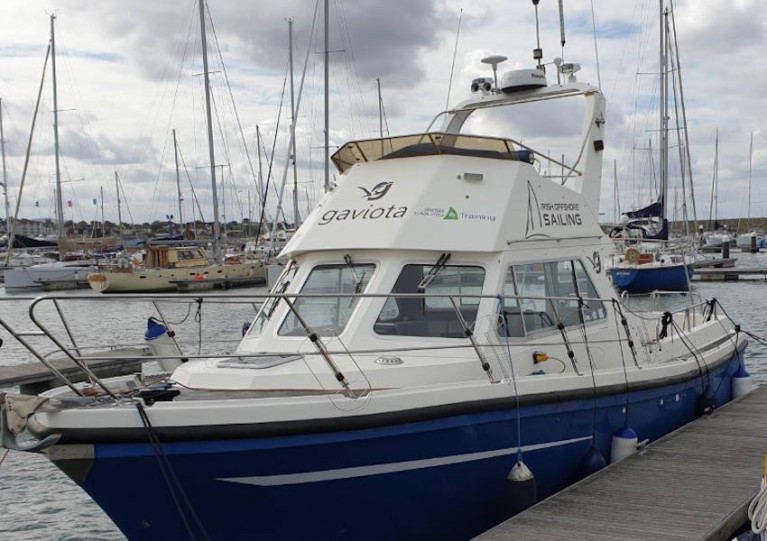Displaying items by tag: Irish Offshore Sailing
'Mechanical Issue' Forces Sailing School Entry Sherkin Irish Offshore Sailing Out of Round Ireland Race
The Sailing School entry 'Sherkin Irish Offshore Sailing' has retired from the SSE Renewables Round Ireland Race this evening with a 'mechanical issue'.
Winds were strong northerlies around 25 knots at the time.
The Sunfast 37 yacht skippered by David Hanks is recorded by the race tracker as retired and has pulled into Kinsale in West Cork.
Irish Offshore Sailing has extended its sail training and yacht racing programmes for 2020 with a full range of motor cruising courses on a specially fitted-out and coded motor yacht.
Skippered by Yachtmaster Instructor Peter Beamish, the training boat is a Lochin 333 Harbour Pilot named Gaviota. Fitted with twin Perkins 300 HP engines, she has a cruising speed of 16 knots and a top speed of 24 knots.
Fully equipped with modern instruments and electronic engine controls, Gaviota is commercially coded in Ireland and the UK, and has all the safety equipment required for up to 10 people
Irish Offshore Sailing is now the only Irish Sailing and RYA recognised training centre in Ireland that can offer motor cruising courses which include Start Motor Cruising, Helmsman, Day Skipper, Advanced Pilotage, Coastal Skipper, and Yachtmaster Offshore Power.
See IrishOffshoreSailing.com for the full schedule of all motor cruising courses in 2020. And for more information please contact Peter Beamish on 087 672 9999.
























































